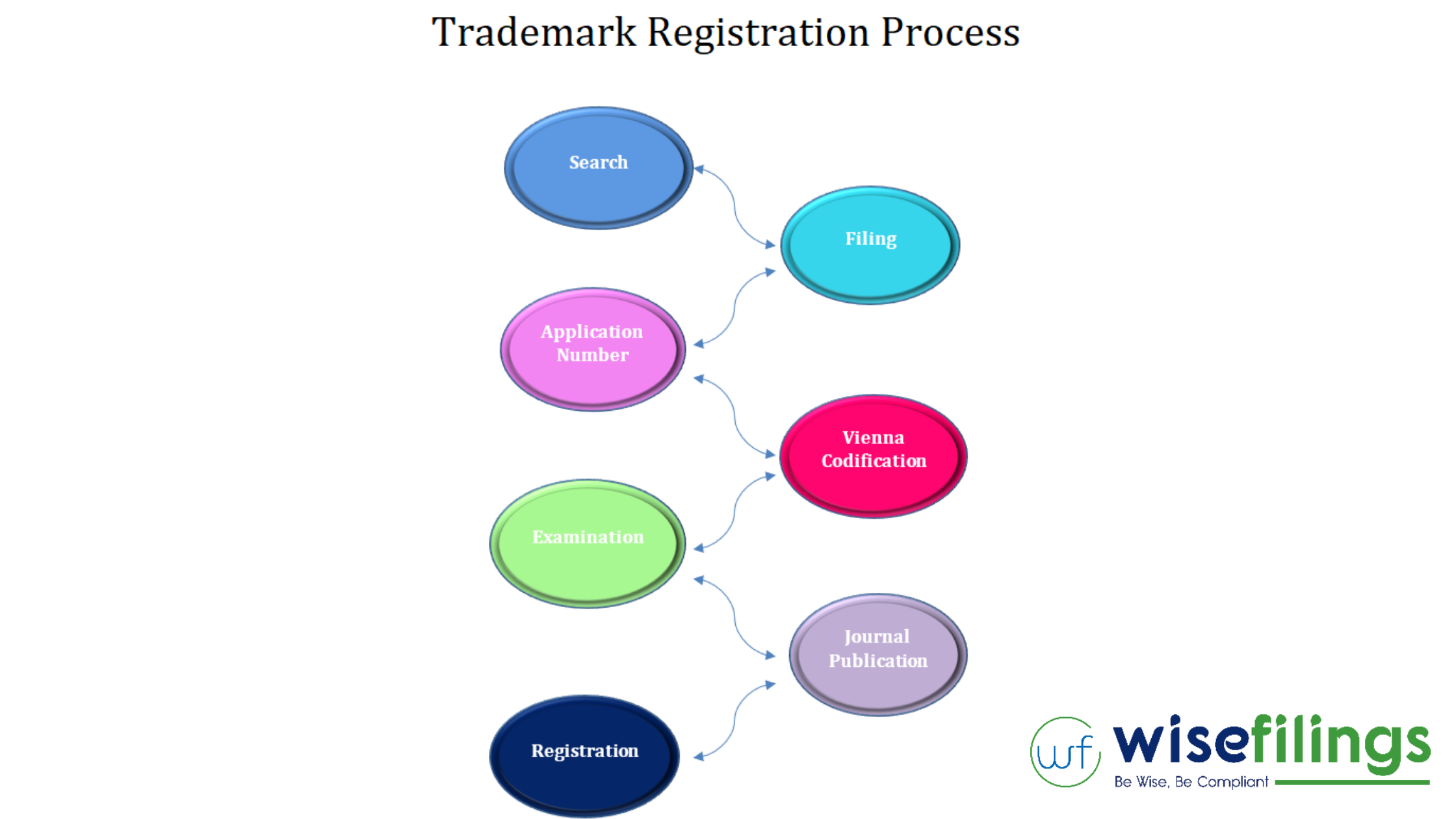One Person Company: Definition | Meaning | Concept | Features

Every individual running a business have a dream of starting a Company. But due to lack of person or trust, he/she do not want to add any partner in the business. And to form a company it is mandatory to have minimum 2 persons/members/shareholders. But now it is not the case. The Companies Act, 2013 have come up with revolutionary change that an individual can start a company without any sharing. The Companies Act 2013 introduced the concept called One Person Company, which is already there in foreign countries.
Meaning of One Person Company
The definition of OPC (One Person Company) as per law is “a company which has only one person as a member”.
Hence, with only one member i.e., a shareholder, a company can be registered. As a result, a proprietor gets a benefit of company.
Salient Features of One Person Company
- Member
As the name defines One Person Company, it can have only one member or shareholder in a company. Hence, there will be only one owner of the company. Any natural person who is an Indian citizen and resident of India can become a member in an OPC. There can be change in membership. In such case, the company has to file necessary forms with MCA.
- Type
An OPC is considered as a type of Private Limited Company. All the provisions of Private Limited Company are applicable One Person Company with some exceptions.
- Name
An OPC must have suffix “(OPC) Private Limited” in the name of the company.
- Director
The One Person Company registration can be done with one director also. It does not require minimum 2 or 3 directors alike in a Private Limited Company registration or a Public Company. It can have maximum of 15 directors or more than that with the necessary approvals.
- Nominee
An OPC can be registered with one person but it requires a nominee. Nominee is the person who will become the member of the company in case of death or incapacity of the existing member. At the time registration of OPC, one has to appoint a nominee. A nominee can only be a natural person, Indian citizen, resident of India and a major. A member can change the nominee. And a nominee can also withdraw the consent with prior notice. In any case, a new nominee has to be appointed and must be informed to MCA by filing necessary form.
- Capital
For OPC registration, no minimum capital required. It can be incorporated with any amount of capital. So, it is an additional benefit of starting an OPC instead of a proprietorship firm.
- Audit
An OPC is a type of Company and it is mandatory for every company to audit its books of accounts. Hence, an appointment of auditor is mandatory for an OPC.
- Taxation
The OPC’s are taxed at the same rate applicable to other type of companies as per Income Tax Act. There are no special provisions for OPC in Income Tax Act. MAT and Dividend Distribution Tax also applies to an OPC.
- Exceptions to OPC
An OPC is not required to hold board meeting if it has only one director. It can record the board resolution in the minute book. Further holding an AGM is also not required. Cash Flow statement is also not a mandatory requirement.
- Compulsory Conversion
An OPC is required to be converted into a Private Limited Company or Public Limited Company if its paid up share capital exceeds Rs. 50 Lakh or its average annual turnover of immediately preceding three consecutive financial years exceeds Rs. 2 crores.
We at Wisefilings will be here to help you to register your OPC. For any further assistance, you can contact directly at 9099975990 or mail us at Contact@wisefilings.com



